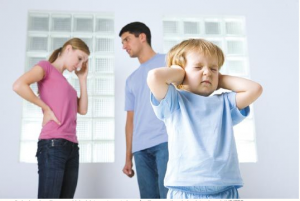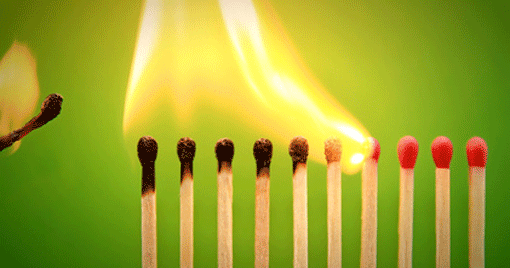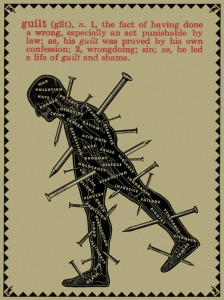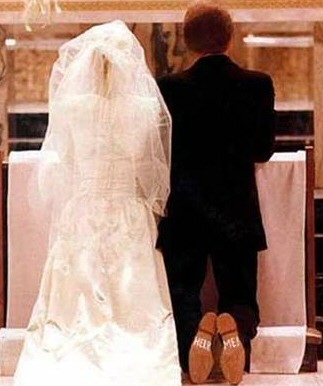Many family members have recently started reading this blog. Given the semi-autobiographical nature of this beast, misunderstandings have caused friction with a couple people along the way. I’ve written what follows in hopes of clarifying a few things.
Mood music:
http://youtu.be/wovx8GK3WDo
- I don’t come here to complain about life. Parts of the blog are dark. Other parts are chock-full of my blunt opinions. Some misinterpret that as unhappiness on my part. That’s not the case. Everyone has ups and downs, and I’ve dealt with it in ways right and wrong. I went from being depressed and anxious all the time to confident and mostly happy, and I share both sides of the coin with readers for two reasons: to clarify things for myself and to tell readers that they’re never beyond repair and never alone.
- If I seem depressed or angry in a post, it doesn’t mean that I am. Some of you see a post where I recount an episode of depression or a day where my addictive impulses got the better of me and assume that I’m in crisis. Some will read a post I wrote a year ago and think that’s my current state of mind. In reality, these posts are a snapshot in time. Maybe I’m blue at the time of writing, but I share the mood for the sake of a lesson I’ve learned about life along the way — that the bad moods pass and down periods make way for up periods. Usually when you read a post, I’ve long since moved on.
- I don’t share darker aspects of family history to take shots at people. To share lessons I’ve learned in life, I have to go into detail about where I’ve been, how I got the way I was during the darker times and how I found a better place. If I tell the story of a painful period involving family, it’s not to hurt people. It’s simply to share how certain events shaped me.
- I don’t claim to be 100 percent accurate 100 percent of the time. When sharing an experience, I never claim it’s gospel. I simply recall things to the best of my memory. But no two memories are the same, and if you ask four people to tell you what they remember, you’ll hear four slightly different versions of the same tale. That’s especially true when recalling childhood memories. If you see something that doesn’t ring true, tell me. In every case, I’m going for the truth.
- I’m much harder on myself than I will ever be on anyone else. A lot of this blog is about the mistakes I’ve made in life and what I’ve learned from them. I’ve been told repeatedly that I’m too hard on myself, but I disagree. Part of the blog is about keeping myself honest and keeping myself on a positive trajectory. A merciless self-inventory from time to time is essential.
- “Why is he doing this now?” One family member asked that question, and here’s my answer: I started the blog so that I could use writing to put my experiences in perspective. It’s been helpful to me, and in the process many people have told me it’s helped them as well. We all need a dose of perspective, so I try to do my part. It’s also not all about me. I accept guest posts, and that includes those from family members. I’ll run posts that fit this blog regardless of how I’m portrayed, because, as I said, everyone’s memory captures things a little differently. For a more complete picture of what this blog is about, read this.
- I’m not here trying to pass myself off as an expert on life. For a better explanation of that, go here.
- People don’t dissect the blog in search of faults the way you think they do. Whenever an author writes something autobiographical, someone claims they were inaccurately portrayed and that everyone will read about them and think the worst. The truth is that since everyone has dysfunction in their families, no one is going to read this sort of blog and pass judgement.
We’re all imperfect people with flaws. Most people are too wrapped up in their own problems to judge those mentioned here based on anything I write.
My hope is that they can read about a tough family situation and see how the lessons apply in their own lives.
If any of this bothers you, call me, email me or hit me up on Facebook.
With love,
Bill




.jpg)